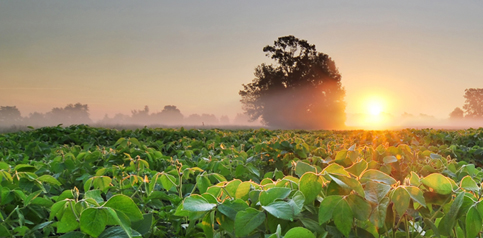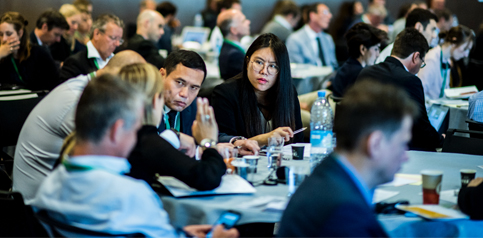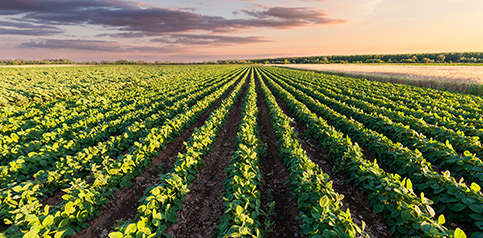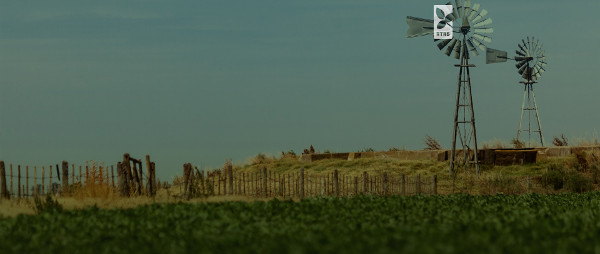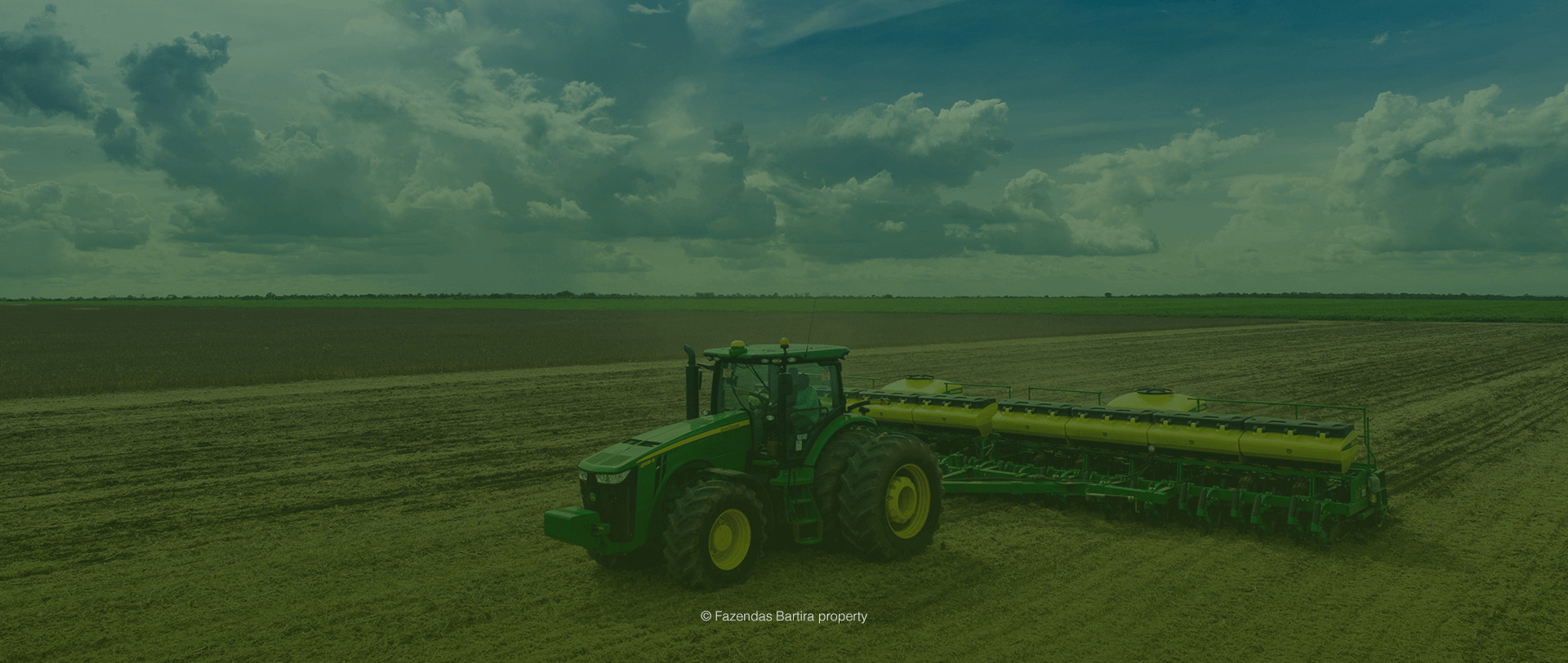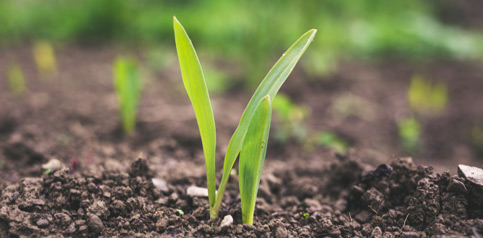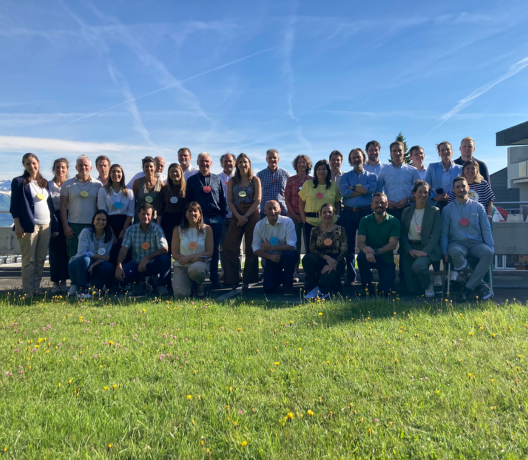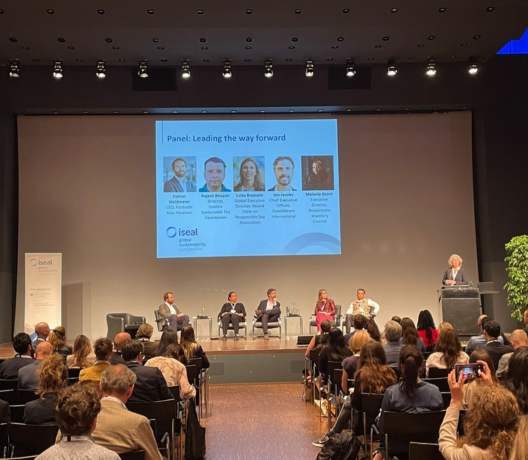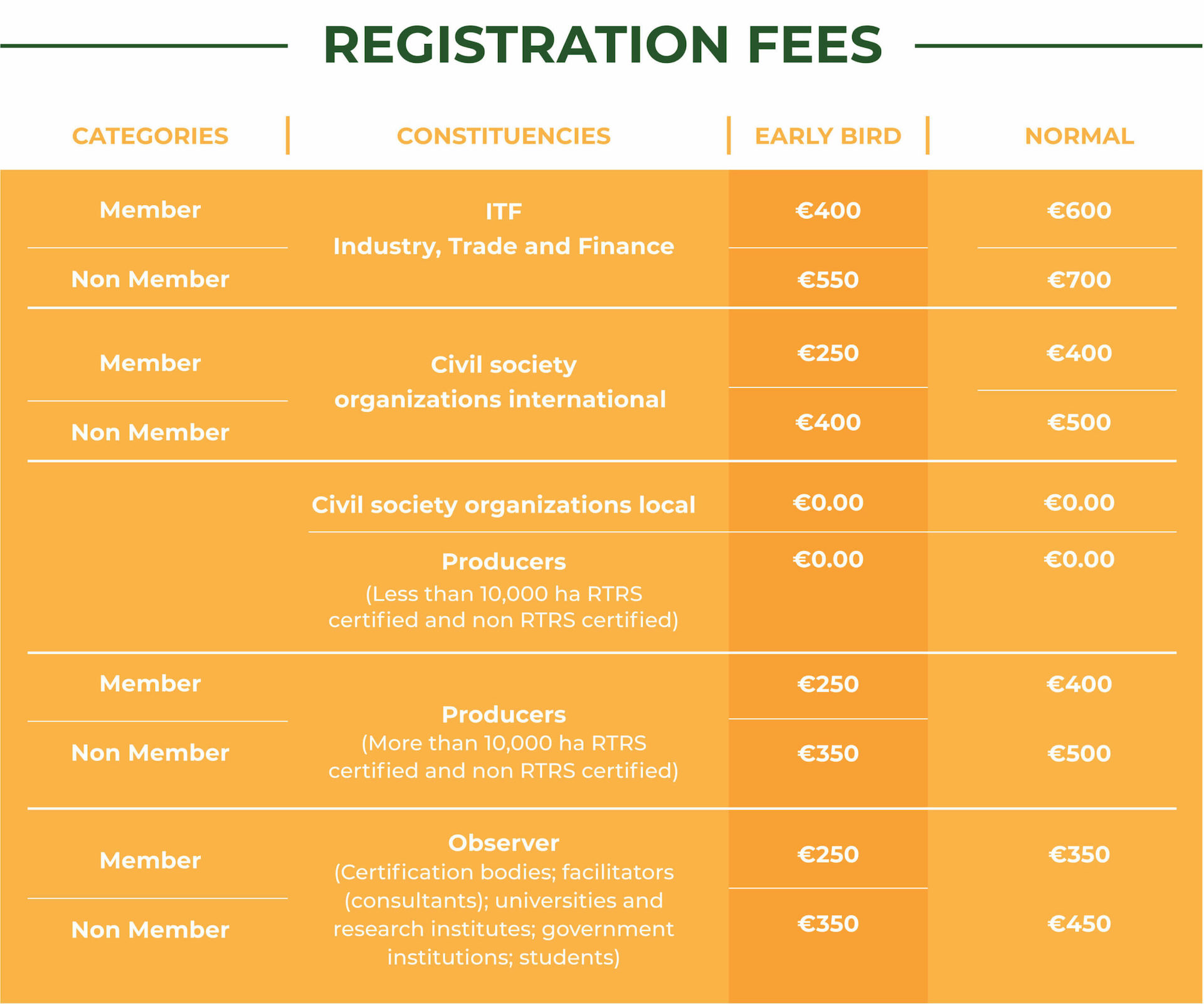RTRS announces the roll-out of new production & supply chain certification models
Round Table on Responsible Soy announces the roll-out of new production & supply chain certification models to ensure greater transparency and increased uptake along the soy industry food chain.
Products aim to foster the transition towards better and more sustainable sourcing.
The Round Table on Responsible Soy Association (RTRS) – the internationally recognised organisation promoting the responsible production, trading and use of soy – is to announce the approval of new production & supply chain certification models during its twelfth General Assembly being in Lille, France, the 31st May.
These new models – including a new RTRS Mass Balance option plus Regional, non-Paraquat and non-GMO credits – will be launched between July 2018 and April 2019. The models form part of RTRS’s ongoing ‘commitment to continuous improvement’ that involves offering options to meet market demand.
The launch of the new models is to be rolled out in a staggered approach in order to provide further tools for the responsible soy market and help facilitate conditions that increase the size and impact of sustainable soy on a global basis. RTRS expects a significant uptake of the new products over the next few years as the market take new steps to achieve further responsible supply chain transparency.
The new production & supply chain certification models are:
Country Material Balance
This model has been created to keep on adding value to the certification of the soy production facilitating the physical flow of RTRS soy to the market from within a specific country. The aim of this model is to give new conditions for the soy market wishing to move towards RTRS mass balance.
In the Country Material Balance (CMB) model, RTRS-certified operators are allowed to aggregate the mass balance accounting systems of several certified physical sites as one single mass balance accounting system at national level.
This CMB system for the Chain of Custody adds to the existing Site Mass Balance (Module A. Mass Balance Chain of Custody) and Segregation (Module B. Segregated Chain of Custody). This product has a significant market potential to scale both supply and demand.
RTRS non-GMO credits
This is a model that enables the market to support the responsible production of non-GMO soy through the purchase of RTRS non-GMO credits.
This certification allows producers to commercialize RTRS non-GMO credits (1 tonne of non-GMO soy is equivalent to 1 RTRS non-GMO credit). To obtain non-GMO credits the producers must have complied with local current legislation, RTRS Principles and Criteria and all the requirements for non-GMO production on the farm. Moreover, in order to check the non-GMO status of product, an independent third party will be involved as part of the verification process and will conduct semi-quantitative real-time tests Polimerase Chain Reaction (PCR) at harvest time in each non-GMO plot of the farms.
The association now offers the possibility of non-GMO credits to a market looking to support, but not physically obtain, the non-GMO soy production.
Additionally and not less important, RTRS’s non-GMO module for segregated non-GMO soy has existed since 2011 and RTRS will continue to support it for those who do want to source non-GMO soy via physical segregated supply chains.
RTRS non-Paraquat credits
RTRS offers the market the opportunity to purchase non-Paraquat credits during the RTRS phase-out period ending on 1st January 2021; in countries where Paraquat is currently allowed by country legislation in agricultural production all producers are required to implement a program of progressive reduction over time until the phase-out deadline is reached. RTRS non-Paraquat credits help farmers to take the opportunity of this new market demand.
RTRS Regional credits: focusing on market benefits to scale up certification in specific areas
In addition to the new production & supply chain certification models above, RTRS is offering the RTRS Regional credits option. This tool makes it easier for the soy market to know from where they are buying RTRS credits allowing greater transparency along the soy chain. RTRS credit buyers will be able to invest by region or country thus supporting local farmers that meet the criteria set out by RTRS. This product has the most significant potential to focus market benefits to foster and scale up certification in selected areas.
The three new certification models, along with the new RTRS regional credits tool, will ensure that the RTRS trading platform now is easier to use and more transparent than ever.
Marina B. de Engels, President of RTRS says,
“RTRS has strived to make these models simple to ensure that it is easy for the market to take positive steps towards soy transparency. It is important that these models are not overly complex or bureaucratic to ensure that we get maximum engagement between our members and the responsible soy market.
“As well as relating to issues of soy responsibility each accredited producer has also signed up to a number of other criteria that are key to responsible soy. This includes the support of workers rights and the adoption of better water and land management, among others.
“We are responding to both the demands of our members and the global market. We hope that by creating these products we will create a larger market with greater access to sustainable soy.”
Marcelo Visconti, Executive Director of RTRS, says,
“This is the first time since its inception that RTRS has launched new models of supply chain certification, allowing us to add to the sustainability objective of the market. I believe that it’s important that by offering the market these different options we can supply solutions to the individual needs of businesses.


